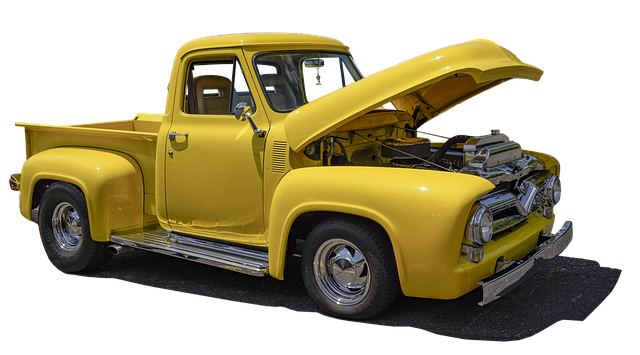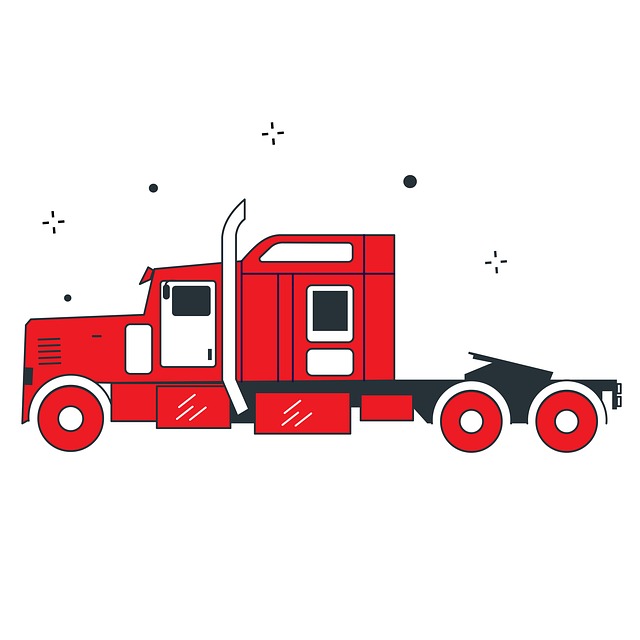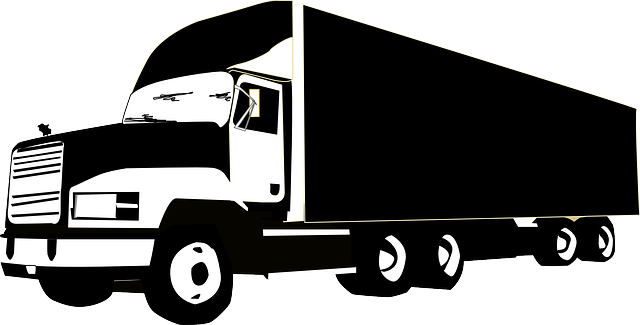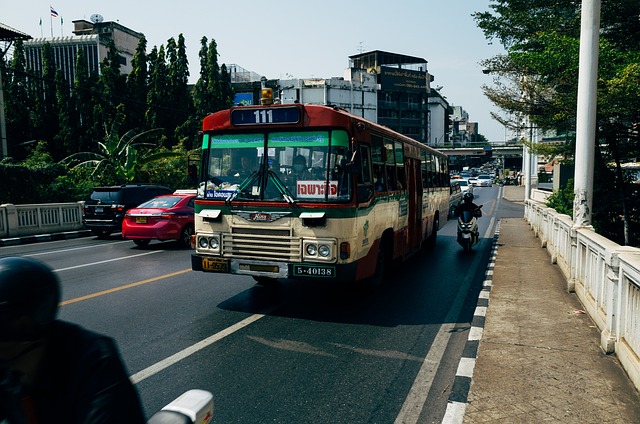Primary liability insurance is a crucial component for independent truckers, offering protection against legal and financial risks associated with their operations. By understanding their specific risks, including cargo damage, accidents, and legal liabilities, owner-operators can secure tailored coverage policies that meet jurisdiction requirements and safeguard their businesses. This involves evaluating non-trucking activities, load security, and equipment liability, ensuring comprehensive general liability insurance and the right endorsements. Regular policy reviews, staying informed about trucking regulations, and proactive risk management are essential to mitigate potential losses and navigate road complexities with adequate protection.
Understanding primary liability requirements is paramount for owner-operators to navigate legal landscapes and protect their businesses. This article guides you through the intricacies of primary liability, highlighting its significance in mitigating risks unique to independent truckers. We explore key considerations shaping coverage needs, offering insights on tailoring insurance policies to fit these specialized demands. Additionally, practical steps are outlined to ensure compliance, empowering owner-operators to secure tailored coverage for their ventures.
What is Primary Liability and Why Does it Matter for Owner-Operators?

Primary liability is a fundamental concept in insurance, referring to the direct and immediate responsibility borne by an insured party, such as owner-operators, for damages or losses they cause. For independent truckers, understanding primary liability is crucial due to the unique risks they face while on the road. As self-employed individuals, owner-operators are typically held more accountable for their actions compared to employees of larger trucking companies.
The significance of primary liability for owner-operators lies in ensuring tailored coverage that protects them from potential lawsuits and financial burdens. Given the high stakes involved in the transportation industry, having robust primary liability insurance is essential. It enables owner-operators to manage risks effectively, offering peace of mind knowing they are not solely vulnerable in case of accidents or legal issues resulting from their operations.
Key Considerations in Understanding Coverage Requirements

Understanding primary liability requirements is a crucial step for owner-operators to ensure they have the right tailored coverage for their unique needs as independent truckers. Key considerations include evaluating the types of risks associated with their operations, such as cargo damage, accidents involving third parties, and potential legal liabilities stemming from incidents on the road. Owner-operators must also consider the regulatory landscape, as various jurisdictions have distinct rules and requirements that impact insurance obligations.
Knowing these factors allows them to choose insurance policies that offer comprehensive protection, including general liability coverage for unexpected events and accidents, as well as specific endorsements tailored to their operations, like cargo insurance or liability for on-road incidents. This proactive approach ensures owner-operators remain compliant with legal mandates and are adequately protected against financial losses, fostering a secure operating environment.
Tailoring Insurance Policies to Meet Specific Needs of Independent Truckers

Independent truckers face unique risks on the road, requiring them to have insurance policies that offer tailored coverage. Unlike traditional fleet operations, owner-operators often need personal liability protection that aligns with their specific business needs. This involves customizing insurance policies to include comprehensive general liability, which shields against claims related to property damage or bodily injury caused during operations.
Tailored coverage should also address specific concerns like non-trucking activities, load security, and on-board equipment liability. Independent truckers may engage in side hustles or transport personal belongings, necessitating policies that provide seamless transition between work and personal scenarios. By carefully crafting their insurance plans, owner-operators can ensure they are adequately protected while navigating the complexities of the road.
Ensuring Compliance: Practical Steps for Owner-Operators

Ensuring compliance with primary liability requirements is paramount for owner-operators to safeguard their businesses and minimize potential risks. Start by reviewing your policy for tailored coverage for independent truckers, which should include comprehensive general liability insurance. This protects against claims of bodily injury or property damage arising from your operations. Next, stay up-to-date on regulatory changes specific to the trucking industry, as requirements can vary by region and cargo type. Regularly assess your risk profile, considering factors like driving experience, vehicle condition, and the types of loads transported. Adjust your coverage limits accordingly to ensure you’re adequately protected against potential losses. Proactive steps include attending industry workshops or webinars on liability management and consulting with insurance brokers specializing in trucking policies.
Understanding primary liability requirements is paramount for owner-operators to navigate the complexities of their roles effectively. By comprehending what primary liability entails and implementing tailored insurance policies that meet their specific needs, independent truckers can ensure compliance and mitigate potential risks. This proactive approach enables them to focus on their core responsibilities while safeguarding against unforeseen circumstances. Ultimately, a well-tailored coverage strategy is vital for the financial security and peace of mind of owner-operators in today’s competitive trucking industry.
